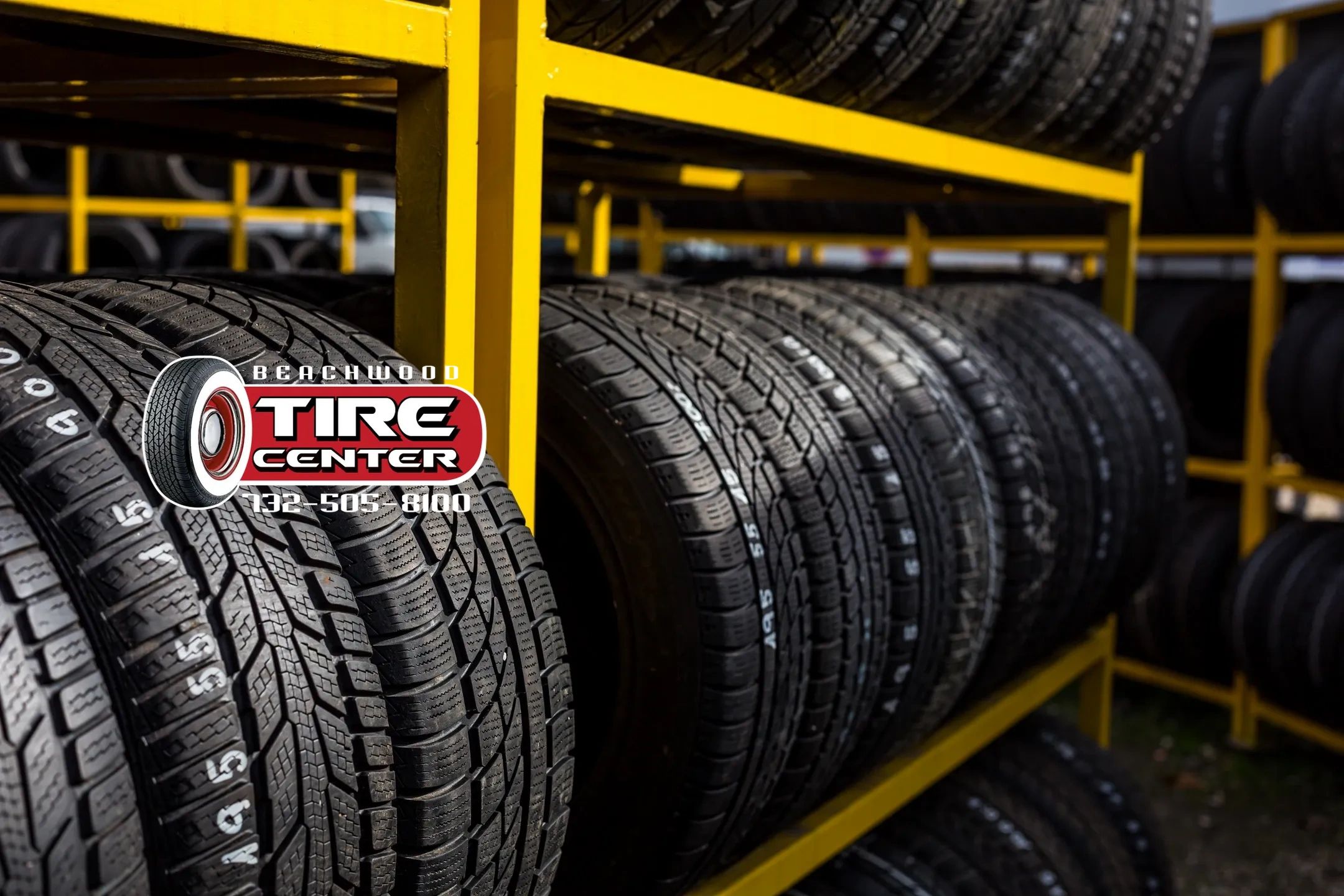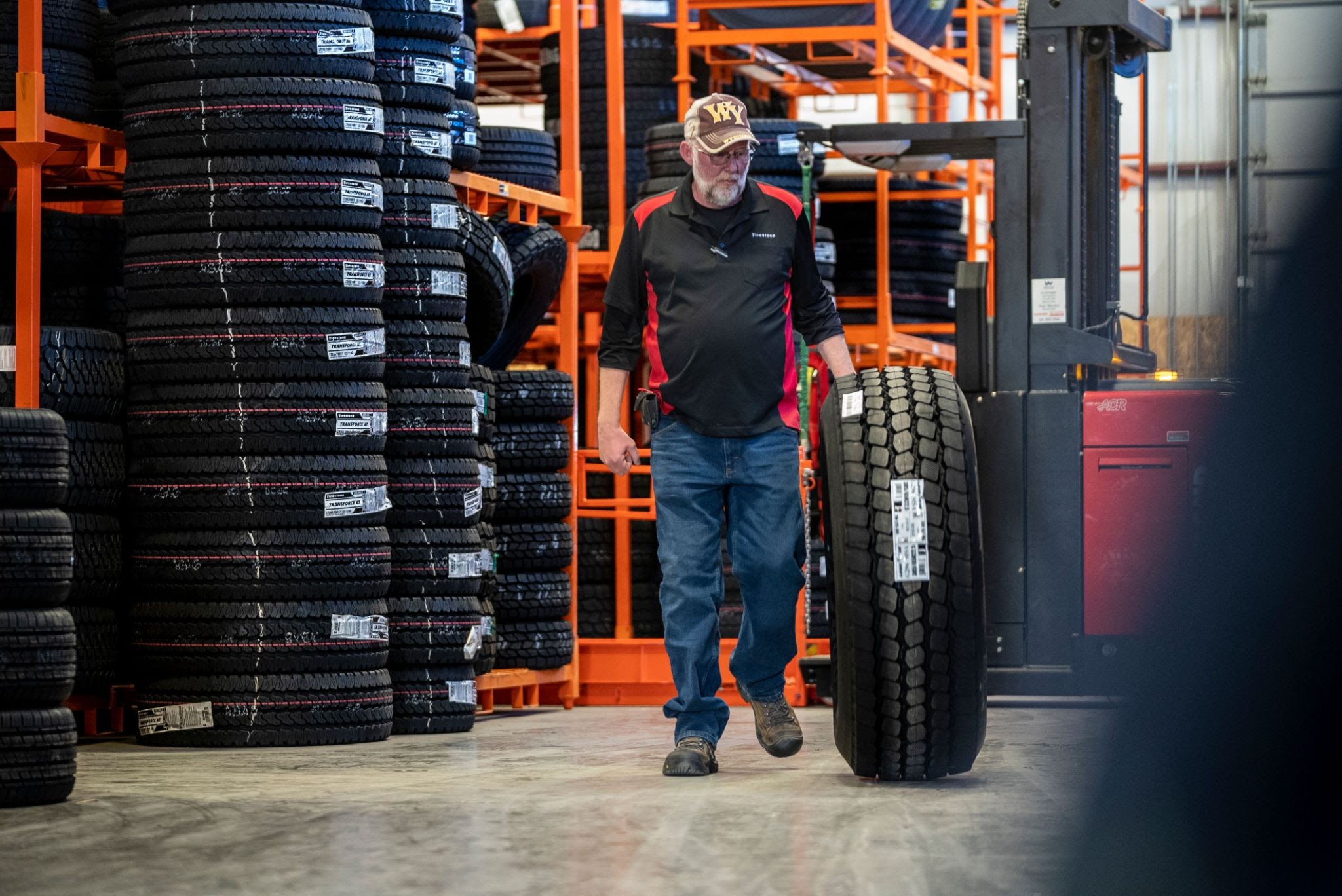The Ecological Benefits of Appropriate Tire Upkeep
Maintaining correct tire care is often neglected, yet its effect on the environment is extensive. Appropriate tire upkeep not just prolongs the life-span of tires yet also reduces garbage dump waste and adds to improved air top quality.
Lowered Gas Usage
Improving tire upkeep methods can lead to a considerable reduction in gas intake for cars. According to the United State Division of Power, underinflated tires can decrease gas mileage by 0.2% for every 1 psi decrease in pressure in all four tires.
Along with tire pressure, regular tire turnings and placements also play a vital role in fuel effectiveness. Unevenly worn tires can increase gas usage as the engine works harder to maintain rate and traction. By keeping proper positioning and revolving tires at suggested intervals, chauffeurs can make certain also lengthen the life and put on of their tires, eventually saving fuel and lowering their carbon footprint.
Extended Tire Life-span
Expanding the life expectancy of tires is an essential facet of efficient vehicle upkeep practices that can yield cost financial savings and ecological benefits over time. By correctly maintaining tires, vehicle drivers can dramatically prolong their functionality, decreasing the frequency at which brand-new tires need to be produced and old ones thrown away. This not just conserves useful resources yet also minimizes the energy and discharges connected with tire production and disposal procedures.
Consistently inspecting tire pressure, rotating tires, and guaranteeing correct alignment are necessary action in extending tire lifespan. Ample walk depth is essential for optimum traction and safety, yet it also plays a function in for how long tires can be used before needing substitute. In addition, avoiding hostile driving actions that increase tire wear, such as severe stopping and sharp turns, can even more boost tire durability.
Inevitably, boosting the long life of tires via proactive maintenance not just benefits the atmosphere by decreasing waste and saving sources but also brings about cost savings for automobile proprietors by postponing the need for brand-new tire acquisitions.
Reduced Emissions Output
Efficient tire maintenance techniques add to a decrease in discharges outcome, lining up with environmental sustainability goals in the automotive industry. Correctly inflated tires, regularly rotated and straightened, can enhance fuel performance, therefore decreasing the general co2 discharges from cars. When tires are underinflated, the engine must function more difficult to propel the automobile, causing raised gas consumption and higher emissions. By maintaining optimum tire stress levels, chauffeurs can aid minimize these adverse ecological impacts.
Additionally, well-maintained tires also enhance grip and minimize rolling resistance, better enhancing fuel efficiency. This, in turn, decreases the amount of exhaust gases released into the atmosphere. In addition, guaranteeing tires are appropriately inflated and lined up can extend the life-span of the tires, decreasing the frequency of tire substitutes and the connected environmental prices of tire manufacturing and disposal.

Reduced Land Fill Waste
Given the positive impact of appropriate tire upkeep on reducing exhausts result, one more substantial ecological benefit is the capacity for reduced landfill waste. They wear out much faster and require to be changed extra frequently when tires are not maintained correctly. This causes a higher quantity of made use of tires being thrown away in garbage dumps. Nevertheless, by making sure that tires are correctly pumped up, aligned, well balanced, and turned routinely, their life expectancy can be substantially prolonged. This indicates that fewer tires wind up in land fills, lowering the amount of non-biodegradable waste in these currently overflowing sites.

Improved Air High Quality
Enhancing air high quality with correct tire maintenance methods is a vital facet of lasting environmental stewardship. When tires are underinflated, they produce much more rolling resistance, causing enhanced gas consumption and higher exhausts of damaging contaminants such as carbon monoxide and nitrogen oxides. Effectively inflated tires not just improve gas performance however likewise minimize the quantity of toxins launched into the air.
Furthermore, well-kept tires with correct tread depth and placement add to safer motoring problems, lowering the possibility of mishaps that can result in the launch of added contaminants into the atmosphere. By prolonging the life expectancy of tires via regular upkeep and rotation, fewer tires are thrown out too soon, lowering the ecological influence of tire disposal and manufacturing procedures.
Conclusion
In verdict, proper tire upkeep offers countless ecological advantages. It is important for individuals to focus on tire upkeep as a simple yet reliable method to shield the atmosphere for future generations.
Appropriate tire upkeep not only extends the life-span of tires however likewise decreases land fill waste and adds to enhanced air quality - morris tire service. By keeping proper placement and turning tires at suggested intervals, vehicle drivers can guarantee even put on and prolong the life click site of their tires, eventually saving fuel and decreasing their carbon impact
By correctly preserving tires, drivers can significantly prolong their use, lowering the regularity at which new tires require to be made and old ones disposed of.Frequently inspecting tire stress, rotating tires, and making certain appropriate placement are vital actions in extending tire life-span. Additionally, making certain tires are effectively inflated and lined up can extend the lifespan of the tires, lowering the regularity of tire substitutes and the linked ecological expenses of tire production and disposal.
 Josh Saviano Then & Now!
Josh Saviano Then & Now! Charlie Korsmo Then & Now!
Charlie Korsmo Then & Now! Soleil Moon Frye Then & Now!
Soleil Moon Frye Then & Now! Lisa Whelchel Then & Now!
Lisa Whelchel Then & Now! Mike Smith Then & Now!
Mike Smith Then & Now!